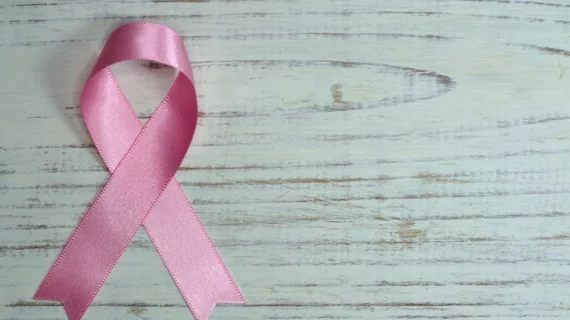Most women receive breast cancer diagnosis over the phone
More and more women are now receiving their breast cancer diagnosis over the phone, according to a study published in the Supportive Care in Cancer journal.
The University of Missouri School of Medicine in Columbia, Missouri, recently conducted a study on how breast cancer diagnoses were shared with their patients. In the study, researchers surveyed 2,896 women diagnosed between 1967 and 2017 about how they received the news.
According to the responses, prior to 2007, only about 25 percent of patients were told about their diagnosis over the phone and since then, a majority of women have heard their breast cancer diagnosis that way. From 2015 to 2017, 60 percent of participants received their diagnosis over the phone and 40 percent of the women were alone when they received the news.
"When we analyzed the data, I was completely surprised to find such a clear trend," Jane McElroy, PhD, MU School of Medicine professor and lead author of the study, said in a release. "Historically, physicians have decided to use their best judgment when delivering a diagnosis, whether it's in person or over the phone. Nowadays, some patients clearly want to hear this information over the phone.”
The authors also said that although receiving a breast cancer diagnosis over the phone is seemingly the new trend, more patient outcome research is needed to determine the best method for delivering that type of news.

